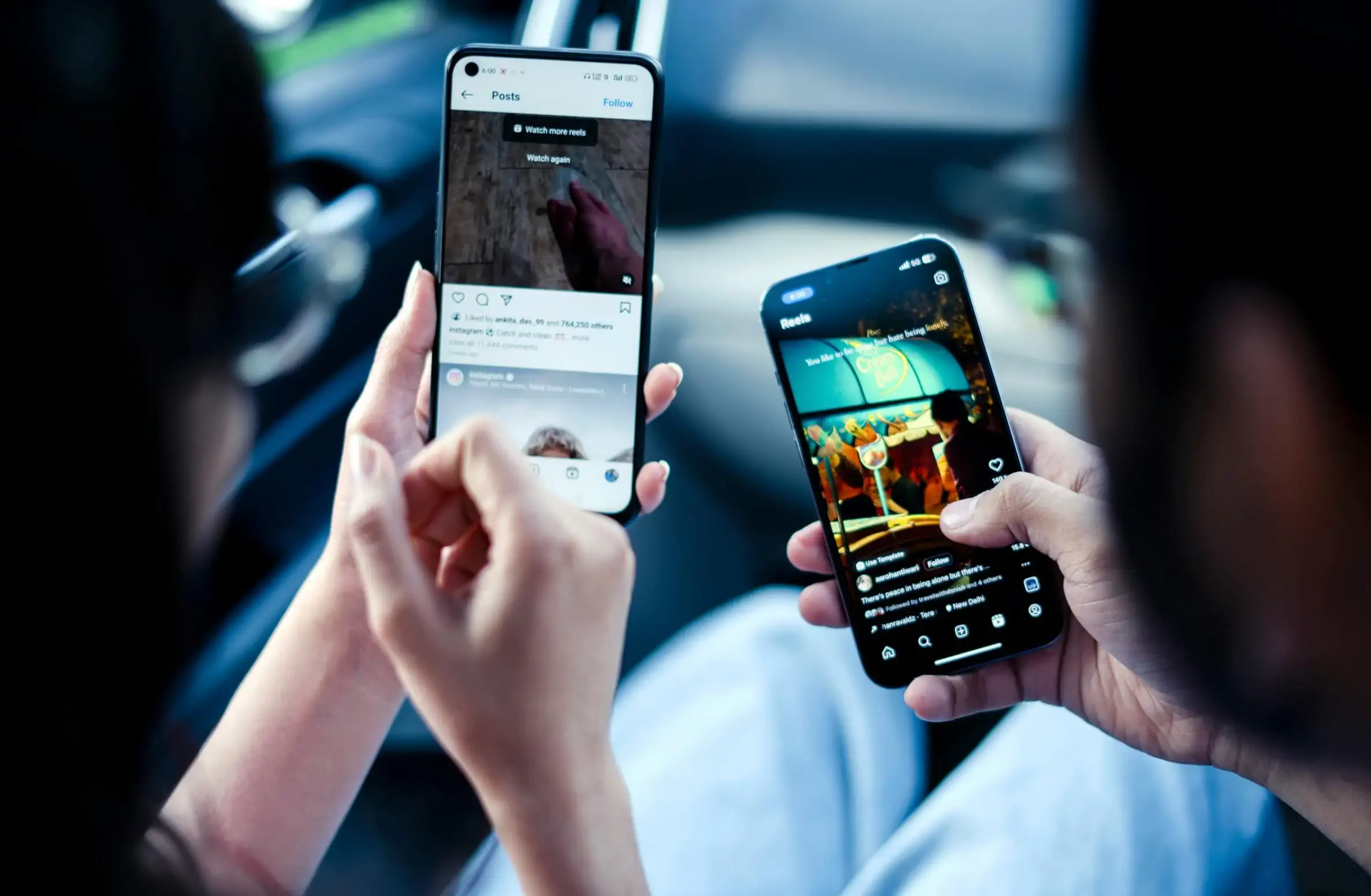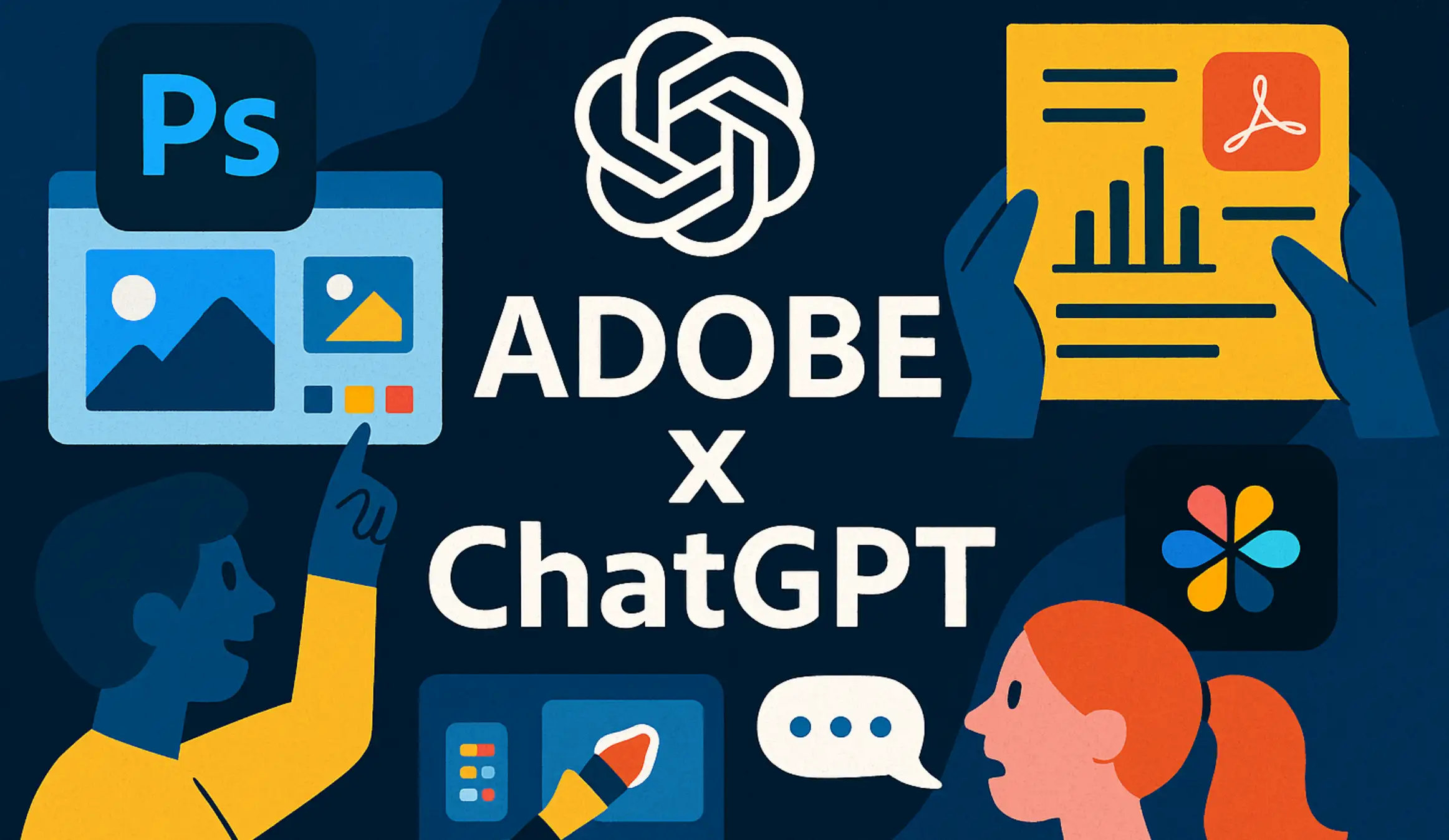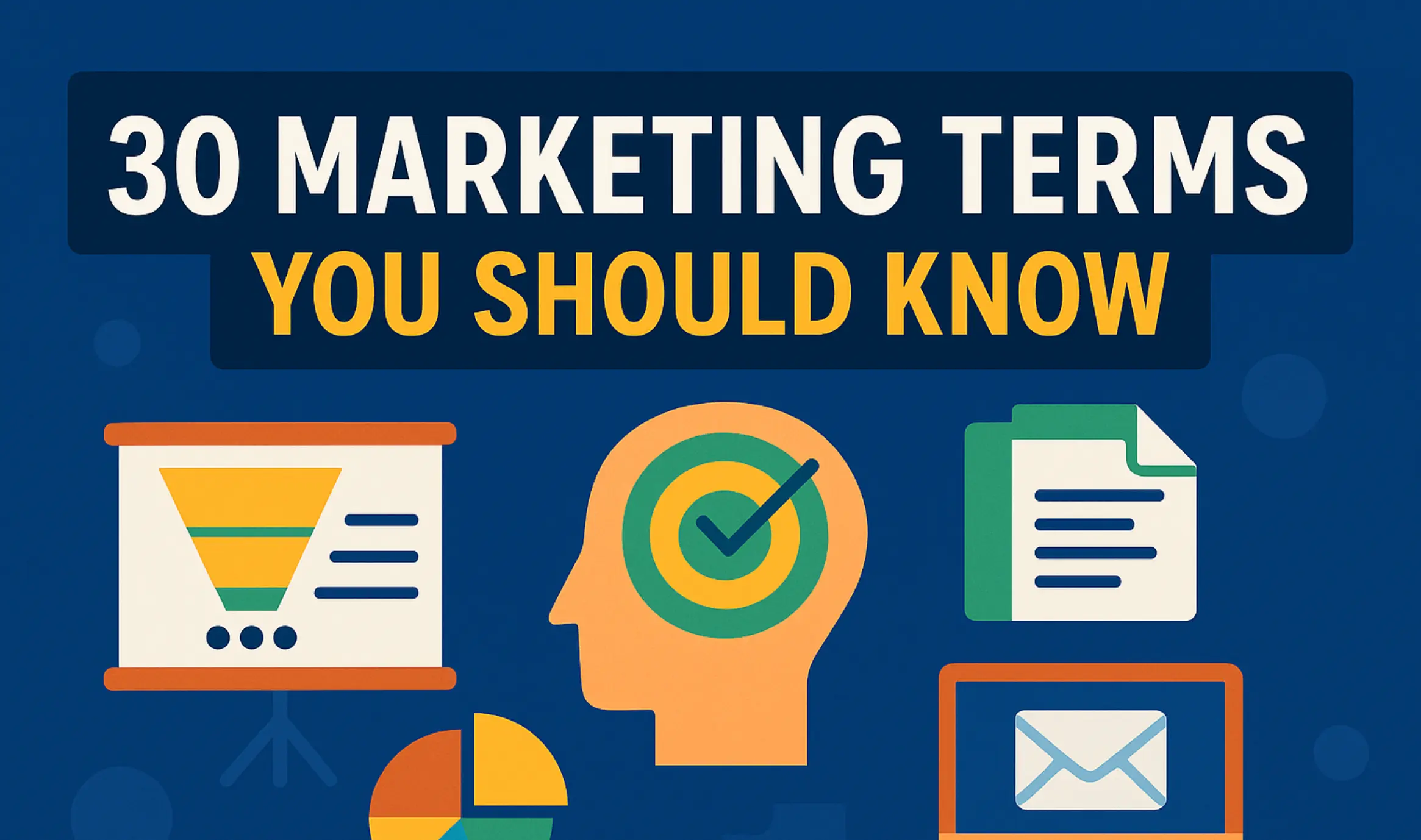How Storytelling Can Improve Marketing Educational Initiatives
Updated on
Published on

Few people are good storytellers in the technical and business world. Those who are good at weaving stories usually choose to work in marketing because that is the quickest return on their skillset. Storytelling can massively improve marketing education initiatives, even more than plain workshops or passing out courses and manuals.
Let’s analyze why stories enthrall people and what improvements storytelling brings.

A mind built for meaning
We live in a society that is deeply enhanced by science. Every modern convenience has been brought by its progress. However, no matter how much we surround ourselves with metal and plastic, our minds remain the same as they were 200,000 years ago.
And you can see that when talking to people. Very few of us are persuaded or taught by numbers, charts, and graphs. Rhetoric, and the art of telling a story that moves the heart, will ultimately remain the best way of propagating information.
Why is this? Well, it’s about how our minds are built.
First, the essence of human intelligence is to find repeating patterns in nature. IQ tests give you 3 images, and using those, you are supposed to deduce the fourth. Our mind looks for patterns and stories everywhere, as we even tend to see faces in clouds and coffee grounds.
Since we are so geared to see patterns, we have to realize that stories are the most attractive narrative patterns.
And if we hear a story that appeals to us, then it hits our emotional centers strongly, which leads to deep storage of memories.
In conclusion, we are built to think in stories and narratives, not in numbers or charts. Storytelling techniques for educators are crucial if they want to reach their students.
Marketing, storytelling, and teaching
So, what’s the difference between marketing, teaching, and storytelling? Are they the same thing?
Indeed, there is little to distinguish marketing from storytelling. Both are telling a compelling narrative. The only difference is the purpose of the two.
Traditional stories are developed to sell a set of values, a political system, or simply to entertain. People consume stories recreationally. Stories are so incredibly powerful that many people have changed their entire lives thanks to a well-told story.
Some were inspired to lose weight, get healthy, and lift weights because of movies like Gladiator and Troy, or even anime like Dragon Ball Z. Or, soldiers get inspired to risk their lives, fueled by stories of brave national heroes from the past.
So, what if you take this extremely powerful predisposition to like stories and use it to sell products? Congratulations, you just discovered marketing!
The trick is to weave these narratives and produce something memorable. For example, you won’t sell a car by just mentioning that it is made of strong metal and the engine runs well. That’s dry and boring.
You need to make a commercial implying that the buyer will be more attractive to women if he buys this car. Or a commercial implying that the only way to keep your family safe is with this specific car.
The same issue applies to teaching. Modern teachers often forget what ancient teachers knew very well. Most important lessons in the past were coded in stories.
Storytelling's impact on learning campaigns, marketing, and business in general is not to be neglected. There’s a reason why good marketing departments are so useful.
Tangible benefits and deliverables
Now that we’ve talked enough about theory, what are the actual benefits that someone who initiated such a program can expect?
- The first noticeable returns we have already mentioned in passing. Memory works by labeling strong emotions first. So, if someone likes a story you are telling them, then it will be remembered for a long time. The same improvements can be seen in people’s concentration levels.
- Depending on what you are teaching, the concepts and ideas can be hard to understand. As a result, creative storytelling in education not only makes it less boring but also easier to comprehend. “The atom is like a mini solar system, with the nucleus playing the part of the Sun” can be a very an example of how a simplification makes a complicated thing more palatable.
- Marketing educational programs help to make things more personal. If the storyteller, marketer, or teacher manages to somehow tie their ideas to something personal, then those ideas will be extremely successful.
“Idea X affects children negatively” ... Well, if the listener has kids, you just made it personal. Or “Product Y helps you to attract a man” ... You just caught the attention of single ladies.
The “making things personal” route can also be pursued by featuring and promoting customer/previous student stories. If you get the endorsement of previous students' customers, then your words will carry more weight. Testimonials and endorsements always work, as potential customers will resonate personally with stories that match their own.
Even associating successful ideas with successful people works. If you explain how Teddy Roosevelt also loved nature, then it makes nature-loving cooler by association in people’s minds. This is why marketers hire celebrities to pretend they use products.
- Connecting people
Storytelling for educational institutions works well if you are targeting not only institutions but entire communities. If used properly, a story fulfills much more than its basic purpose of informing.
People who like that story, true or not, will tend to congregate around it.
We see it in product fandoms. Some people are Star Wars Fans, while others enjoy Star Trek. Online communities form over philosophies like stoicism or a passion for literature.
By simply adopting a story, you automatically become part of a community that is passionate about that concept.

What if I’m not a good storyteller?
Some people do not have the gift of gab. Some are excellent businessmen or scientists but are not good at persuading others or passing on that knowledge.
This is why marketing departments and trainers were invented. To a certain extent, this is an inborn talent similar to other aptitudes like an ear for music or good reflexes.
But even if you’re not a natural, you can still get better. At first, if you can’t afford an entire training or marketing department, you can hire an essay writer to write you some samples.
Use these samples as templates and try to pour your ideas into the same shape.
Conclusion
Marketing education initiatives go well with storytelling because storytelling, teaching, and marketing are mostly the same thing. In all cases, you are creating a narrative that seeks to “hack” human psychology for a specific purpose.
The aim is to go directly to people’s lizard brains, where emotions, fears, loves, and hopes exist. A thousand studies are insignificant when compared to a visceral feeling. Orators, politicians, marketers, and teachers have known this for thousands of years, so be sure to tailor your content and turn it into a captivating story.







